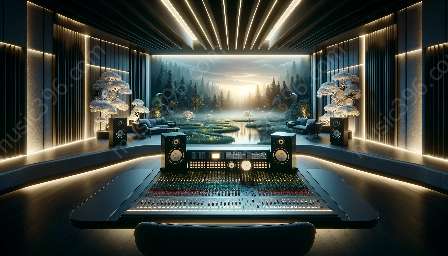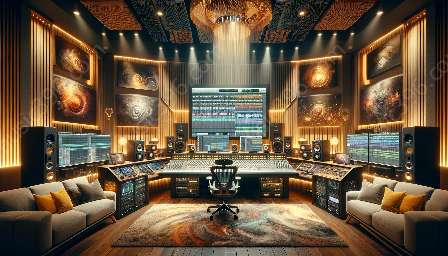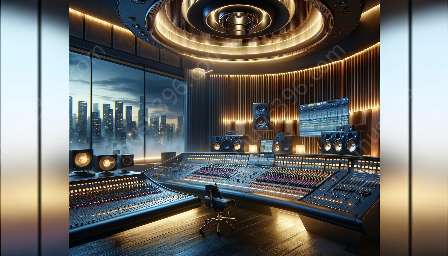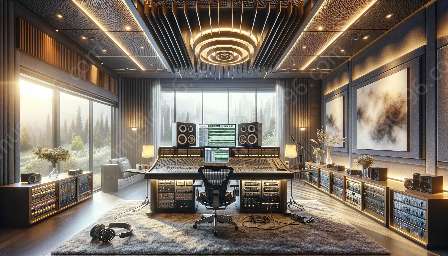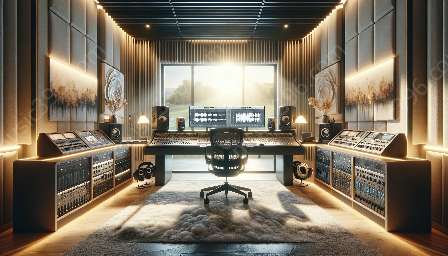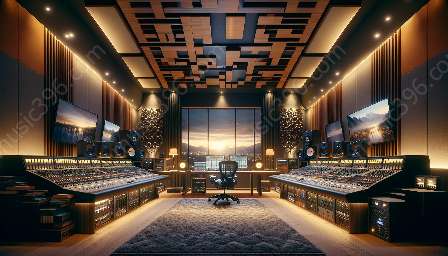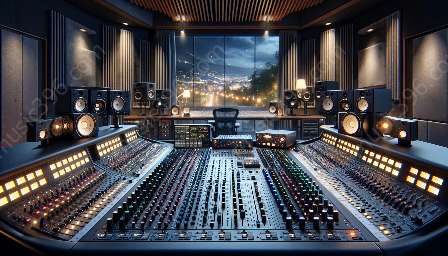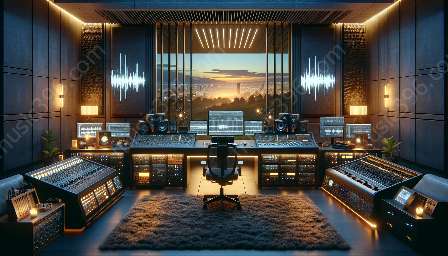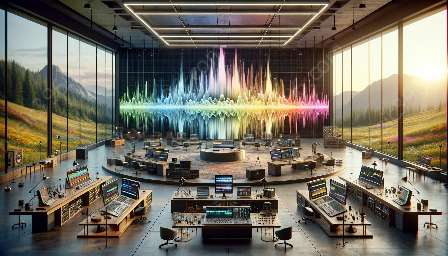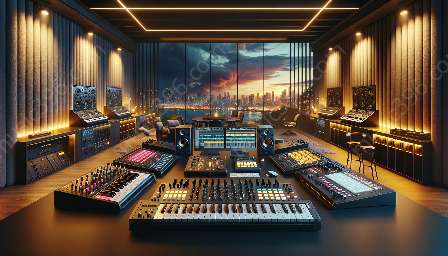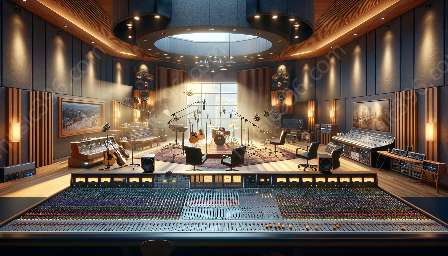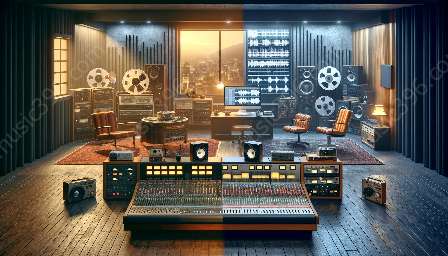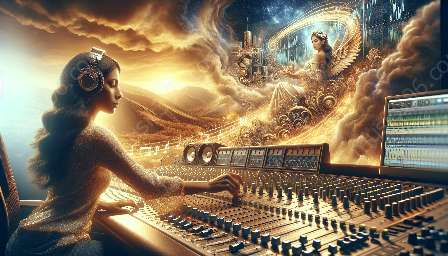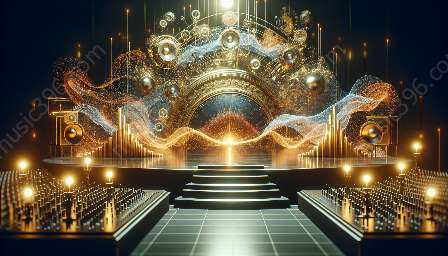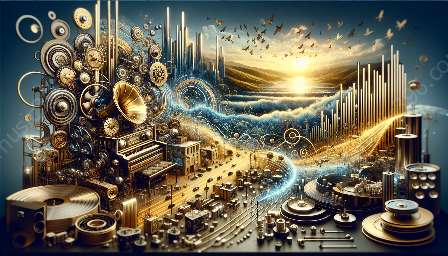Machine learning and artificial intelligence have significantly impacted audio software applications and sound engineering. This technology has revolutionized how we create, manipulate, and analyze audio, leading to greater capabilities and opportunities in the field. In this topic cluster, we will delve into the various ways machine learning and AI are transforming audio software and sound engineering, from speech recognition and synthesis to automated music composition and sound processing.
The Impact of AI and Machine Learning in Audio Software
AI and machine learning have enabled audio software applications to quickly and accurately process and interpret large volumes of sound data. Sound engineers can now leverage these technologies to enhance audio recording, mixing, and mastering processes, leading to improved output quality and efficiency. Moreover, AI-powered audio software can analyze audio signals and automatically identify and correct sound imperfections, simplifying the post-production phase.
Revolutionizing Sound Engineering
AI and machine learning have revolutionized sound engineering by offering advanced tools for sound analysis, noise reduction, and audio enhancement. With the ability to learn from large datasets, AI algorithms can identify patterns and trends in audio signals, allowing sound engineers to make more informed decisions in the production and editing stages. Additionally, machine learning has facilitated the development of intelligent audio editing tools that streamline the workflow of sound engineers, enabling them to perform complex tasks with greater precision and speed.
Speech Recognition and Synthesis
AI and machine learning have made significant strides in speech recognition and synthesis within audio software applications. Voice recognition technology, powered by machine learning algorithms, enables audio software to transcribe spoken words accurately and efficiently. Furthermore, AI-driven speech synthesis tools can create natural-sounding speech from text inputs, expanding the possibilities for voiceover and dialogue generation in audio production.
Automated Music Composition
Machine learning has also transformed the way music is composed, as AI algorithms can analyze vast musical databases and generate new compositions based on learned patterns and styles. Through AI-powered composition tools, musicians and composers can explore innovative musical ideas and styles, leading to the creation of unique and diverse musical pieces.
Sound Processing and Effects
The integration of AI and machine learning in audio software has contributed to the development of advanced sound processing and effects modules. These intelligent algorithms can adapt to audio content dynamically, applying optimal processing techniques to achieve desired sonic attributes. Whether it's noise reduction, reverberation, or spatial audio processing, AI-powered sound processing tools offer unprecedented control and precision.
Challenges and Future Developments
Despite the transformative potential of AI and machine learning in audio software, several challenges remain, including the ethical use of AI-generated content and the need for transparent and interpretable AI models. Furthermore, ongoing research in AI ethics and fairness is crucial to ensure that AI-powered audio software upholds ethical standards and respects diverse cultural and creative perspectives.
The Future of AI in Audio Software
Looking ahead, the future of AI and machine learning in audio software holds immense promise. As algorithms continue to evolve and become more sophisticated, audio software applications will likely offer even greater levels of automation, personalization, and creativity. Additionally, advancements in AI interpretability and explainability will empower sound engineers and musicians to understand and influence the AI-generated processes, fostering collaboration between human creativity and AI ingenuity.
Conclusion
Machine learning and artificial intelligence have revolutionized audio software applications and sound engineering, unlocking new possibilities for audio creation, manipulation, and analysis. The seamless integration of AI and machine learning in audio software has empowered sound engineers and musicians to achieve unprecedented levels of precision and creativity. As the technology continues to advance, the future of audio software promises an exciting era of innovation and collaboration between human expertise and AI-powered capabilities.

